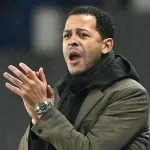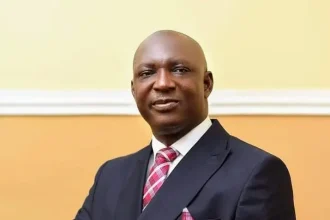Nollywood actress Foluke Daramola-Salako has voiced her disappointment over what she describes as the lack of youth inclusion in President Bola Tinubu’s government.
Speaking in an interview with Behind The Fame TV, the actress expressed concern that the administration has deviated from what she believed was a youth-focused agenda.
According to Daramola, being actively involved in governance gives individuals a clearer understanding of the nation’s progress and challenges.
However, she emphasized that young Nigerians are not being given opportunities to participate in key decision-making processes.
She drew attention to a recurring trend among Nigerian presidents — the removal of fuel subsidies — which she believes has led to the current spike in fuel and food prices. Daramola argued that greater youth involvement could foster innovative ideas and improve understanding of governmental policies.
While acknowledging the outreach efforts of President Tinubu’s son, Seyi Tinubu, Daramola maintained that these efforts fall short of what was expected in terms of youth engagement.
“He didn’t follow the plan. The truth of the matter is, we thought that it was going to be youth-oriented more. Let me tell you something: if you are involved in something, you will know how it’s going, when it’s good or bad,” she said.
“Go and check antecedents. Some past presidents are still receiving accolades. So the truth of the matter is, this is not a youth-inclusive government. I know that his son is trying to cut across, he’s trying his best, fine. But as far as I am concerned, it’s not like I regret working for him. But this is not the plan. The plan was to carry as much youth as possible. So if there’s a problem, we know where it’s coming from.”
Daramola continued, “One thing, let me ask you a question. The common thing that all the presidents had was the removal of fuel subsidies. They all removed fuel subsidy. That’s what spoilt everything because that’s what is making everything expensive — fuel, food. So that was the constant thing that they all had.”
“Now, if you involve people, the youths, and tell them how things are going, then at the end of the day, you try to ask, we will now bring our idea to the table. But nobody is being… we are not being carried along. We are just hearing this happening. So we are not being carried along,” she added.











